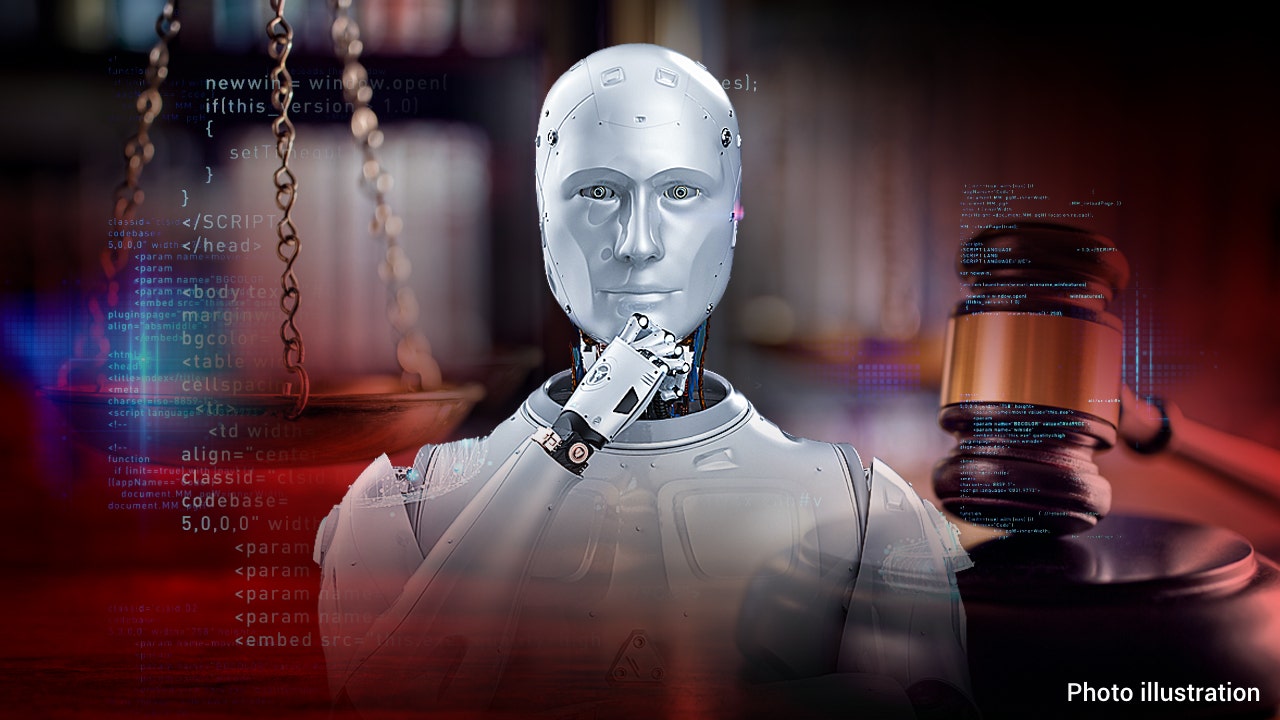As artificial intelligence (AI) continues to advance at a breathtaking pace, the pressing question emerges: how do we ensure ethical standards keep up? The journey through the ethical labyrinth of artificial intelligence is fraught with complexities that demand careful consideration and proactive engagement from all stakeholders involved. From developers to end-users, the implications of AI technology extend far beyond mere efficiency and innovation, touching on fundamental issues of human rights, privacy, and societal impact.
The Ethical Landscape of AI
The ethical landscape of AI is like a sprawling labyrinth, filled with twists and turns that challenge our understanding of morality and responsibility. At its core, AI ethics revolves around several key principles:
- Transparency: AI systems must be understandable and explainable. Users should have insight into how decisions are made.
- Accountability: There must be clear lines of responsibility when AI systems cause harm or make mistakes.
- Fairness: AI should promote equality, ensuring that no group is unfairly discriminated against.
- Privacy: The handling of personal data must respect individual privacy rights.
- Safety: AI systems must adhere to safety standards to prevent unintended harm.
These principles serve as a foundation for developing ethical frameworks that can guide AI development and deployment. However, navigating these principles is not straightforward, as they often conflict with one another, leading to ethical dilemmas that require nuanced solutions.
Challenges in AI Ethics
One of the most significant challenges in navigating the ethical labyrinth of artificial intelligence is the rapid pace of technological advancement. As AI systems become more sophisticated, their potential for misuse or unintended consequences increases. Here are some of the key challenges:
- Bias in AI: AI systems learn from data, and if that data reflects existing societal biases, the AI can perpetuate or even exacerbate these biases. For example, facial recognition technology has been criticized for misidentifying individuals from certain demographic groups.
- Job Displacement: As AI automates tasks traditionally performed by humans, there is growing concern about the future of work and the potential for widespread unemployment.
- Data Privacy: The collection and use of personal data by AI applications raise significant privacy concerns. Users often lack control over how their data is used and shared.
- Lack of Regulation: The current regulatory landscape for AI is fragmented and often lagging behind technological innovation, leading to gaps in accountability and oversight.
Each of these challenges requires careful consideration and collaboration among technologists, ethicists, policymakers, and the public to ensure that AI development aligns with ethical standards.
Paving the Way for Ethical AI
Despite the challenges, there are various approaches and strategies that can help us navigate the ethical labyrinth of artificial intelligence effectively. Here are some potential solutions:
- Developing Ethical Guidelines: Organizations can create comprehensive ethical guidelines for AI development that address issues such as bias, transparency, and accountability. These guidelines should be informed by diverse perspectives, including those of marginalized communities.
- Promoting Interdisciplinary Collaboration: Engaging ethicists, sociologists, and psychologists alongside AI developers can lead to more holistic solutions that consider the broader societal impact of AI technologies.
- Implementing Robust Testing Standards: Before deployment, AI systems should undergo rigorous testing to identify and mitigate potential biases and safety issues. This could involve public audits and assessments from independent organizations.
- Encouraging Public Engagement: Raising awareness about AI technologies and their implications can empower individuals to advocate for ethical practices and hold companies accountable.
- Establishing Regulatory Frameworks: Governments must create and enforce regulations that ensure ethical standards are met in AI development and deployment. International cooperation may also be necessary to address the global nature of AI technology.
Case Studies in Ethical AI
Examining real-world examples can provide valuable insights into the ethical challenges and solutions in AI. Consider the following case studies:
Facial Recognition Technology
Facial recognition technology has garnered significant attention for its potential applications in security and law enforcement. However, it has also raised serious ethical concerns regarding privacy and bias. In response to these issues, some cities have moved to ban the use of facial recognition by law enforcement. These actions highlight the need for ethical deliberation and public policy to govern AI applications that have profound implications for civil liberties.
AI in Hiring Processes
AI tools are increasingly being used in hiring processes to screen candidates. However, if these tools are trained on historical data that reflects bias against certain demographic groups, they may inadvertently perpetuate discrimination. Companies like Amazon have discontinued AI hiring tools after discovering that they favored male candidates based on historical hiring data. This case underscores the importance of scrutinizing AI systems to ensure they align with ethical hiring practices.
The Future of Ethical AI
Looking ahead, the journey through the ethical labyrinth of artificial intelligence will require continuous adaptation and vigilance. As technology evolves, so too must our ethical considerations. Here are some key trends that may shape the future of AI ethics:
- Increased Regulatory Scrutiny: As AI becomes more integrated into daily life, governments are likely to impose stricter regulations to ensure ethical compliance.
- Greater Emphasis on Explainability: There will be a growing demand for AI systems that can explain their decision-making processes in a way that is understandable to users.
- Focus on Human-Centric AI: The development of AI technologies that prioritize human welfare and ethical considerations will become increasingly important.
Ultimately, navigating the ethical labyrinth of artificial intelligence is not a challenge to be taken lightly. As we continue to push the boundaries of what AI can achieve, we must also commit ourselves to fostering an ethical framework that ensures these advancements benefit humanity as a whole. By prioritizing ethics in AI development, we can work towards a future that embraces innovation while safeguarding our core values.
See more Future Tech Daily

